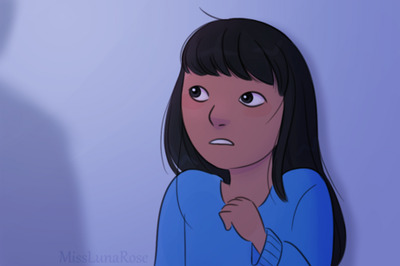
views
In the aftermath of the war between Russia and Ukraine, the world looks like it has split into two blocs. But, India decided to stay neutral and seek a resolution through dialogue and diplomacy. All eyes will be on Prime Minister Narendra Modi as he gets ready for his visit to Ukraine and Poland from August 21 to 23.
Western critics have often accused India of siding with Russia to continue its trade in cheap oil despite Modi making his position clear from the beginning by telling President Vladimir Putin last year that: “This is not an era of war.” During the G20 summit in New Delhi, too, everyone waited with bated breath until the end to find out if a “consensus” will be built around the conflict. New Delhi was made to walk a tightrope throughout the meetings on this issue.
When the prime minister went to Russia for summit-level talks after G20, his meeting with Putin was met with raised eyebrows and harsh commentary — only, this time, with more aggression. Between the friendly hugs and firm handshakes, the warmth shared by the two leaders clearly does not sit well with the West.
There were several remarks from the US State Department and the White House spokesperson, which are available in public. US Ambassador to India Eric Garcetti went on record to say at an event that “strategic autonomy cannot apply in times of conflict”. To this, the ministry of external affairs said: “India’s values, its strategic autonomy and its partnership with the US gives them the space to agree to disagree on certain issues, while respecting each other’s viewpoints.”
Though Garcetti did not make a direct reference to Modi’s Moscow visit, his remarks were largely seen as Washington’s criticism of it. During this visit, a Russian missile struck a children’s hospital in Ukrainian capital Kyiv following which President Volodymyr Zelenskyy took to social media indirectly criticising the PM noting how it was a massive disappointment and devastating blow to peace efforts.
Notably, however, there were no big-ticket announcements in technology and/or defence during the visit. Hence, it proved to be a routine visit between the two friendly countries.
A close look at the trajectory of the PM’s position on the Russia-Ukraine conflict shows that it started with “not an era of war” stance in Samarkand, which was reiterated in the G20 joint statement. He further stressed on how solutions cannot be found on the battlefield, during his recent visit to Russia while mentioning children’s deaths in Ukraine. It is safe to say India’s statements are not only pragmatic but they’re realistic and getting bolder with global resonance.
India a strong voice for the Global South
Critics often slam India for keeping its own interest above human life; however, India believes in neutrality without undermining the gravity of the situation. For instance, it has never stepped back from calling a spade, a spade. Modi has proved this time and again. In retrospect, to show its solidarity with Ukraine, India sent a delegation to the Swiss Peace Conference upon the country’s request but did not sign the joint communique insisting on participation of all parties, including Russia.
It strongly voiced support on the ‘Black Sea Grain Initiative’ to enable the continuance of wheat trade from Ukraine. The foreign minister of the country also visited India and met external affairs minister S Jaishankar for bilateral talks. Furthermore, India has been sending multiple aid consignments to Ukraine since the beginning of the war.
India has many roles to play as far as the war in Europe is concerned. Primarily, it is that of a strong voice from South Asia that raises concerns of the countries in the Global South impacted by the conflict.
Modi has not only offered to contribute to the negotiations but has also done consistent groundwork to be fully prepared ahead of his visit to Kyiv from August 21 to 23. He took proactive efforts to understand the Russian perspective while meeting Putin; he also took cognizance of Austria’s point of view, which is an EU member but not part of the NATO.
Now, Modi is all set to visit Poland – the neighboring of Ukraine and the land that has witnessed the fallout ever since the war broke out. He plans to meet his counterpart and the president, and his prepared to share his understanding and opinions collected via thorough talks with all important stakeholding countries with an intention to bring everyone on the same page through dialogue and diplomacy to end the war.
Modi’s groundwork ahead of his visit to Ukraine further shows his seriousness and commitment towards restoring peace in Europe, which would serve the larger global goal. He is also expected to travel to the US in September to take part in and address the UN General Assembly. According to the provisional list of speakers for the general debate, issued by the world body, he is scheduled to address the high-level session on September 26 as he is among the few global leaders who recently visited both Russia and Ukraine.
It would be interesting to see if Modi speaks about his visits and suggests the formula for catalysing early resolution of the ongoing conflict between Russia and Ukraine.



















Comments
0 comment